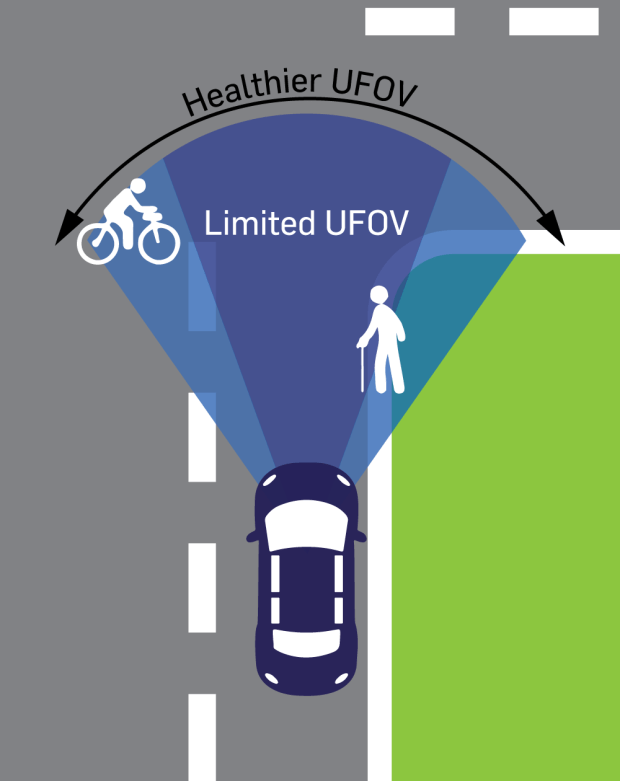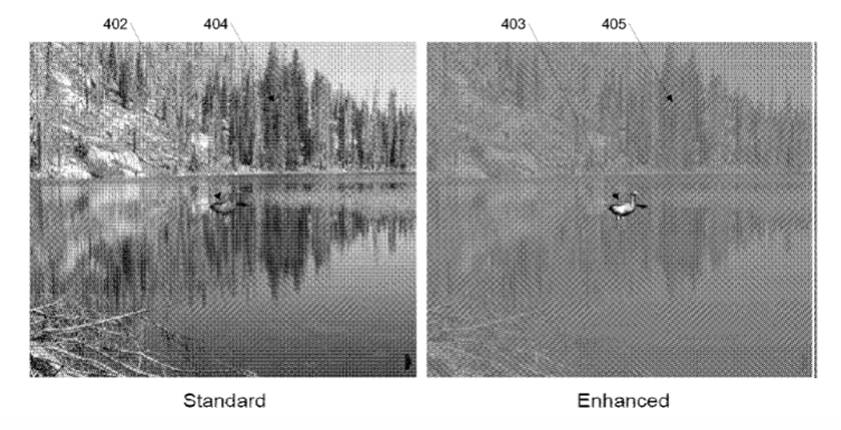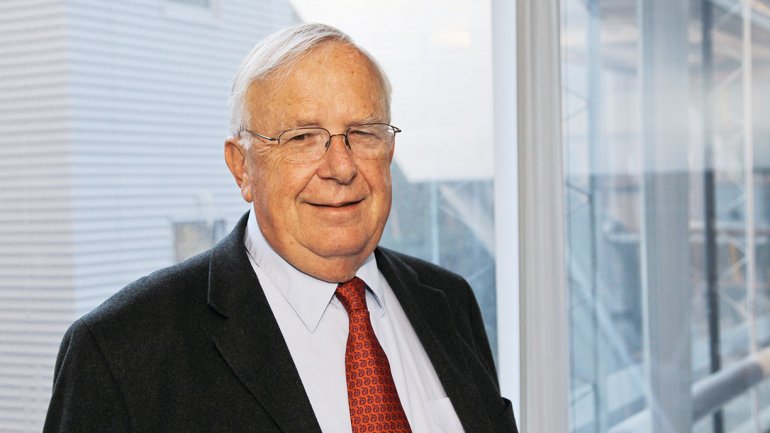Posts Tagged ‘Posit-Science’
The ultimate in transfer from brain training to real-world outcomes: Reducing the risk of at-fault accidents by almost 50%
___ Can you train your brain to drive longer into your golden years? (CTV News): “For the elderly, the loss of a driver’s licence could mean the end of independence and the beginning of a decline in health, with far-reaching consequences in their daily lives…New assistive driving technologies seem like an obvious solution in the years…
Read MoreEnhancing cognition via brain training with a visual emphasis: Key neurotechnology patent #38
Today we highlight a 2010 patent assigned to Posit Science Corporation, the developer of BrainHQ brain training system. (As mentioned, we are featuring foundational Pervasive Neurotech patents, from older to newer by issue date, to get a better glimpse into emerging trends) U.S. Patent No. 7,773,097: Visual emphasis for cognitive training exercises Assignee(s): Posit Science Corporation Inventor(s):…
Read MoreStudy debunks 4 common myths about brain training and lifelong cognitive enhancement
— If the media is your main source of information about brain training and cognitive enhancement, you will probably believe the following: 1) All brain training is the same… 2) …and it simply doesn’t work. 3) Commercial brain training programs, especially, don’t work. 4) How could they work? Genetics is destiny, aging is a predetermined process…so by age 60…
Read MoreWitnessing an explosion of consumer-facing neurotechnologies to (potentially) harness lifelong neuroplasticity
— Last week I shared some key scientific, technological and investment trends revolutionizing Brain Health, based on my participation at the 2016 SharpBrains Virtual Summit, and promised a second article more focused on the technology side of things. Here it is :-) Just a few weeks after the SharpBrains Summit I also attended CES 2017. While I enjoyed the myriad emerging…
Read MoreDr. Michael Merzenich, winner of the 2016 Kavli Prize in Neuroscience, to speak at the 2016 SharpBrains Virtual Summit
———- We are proud to share that Dr. Michael Merzenich, Professor Emeritus at UCSF, co-developer of the first cochlear implants, pioneer of neuroplasticity research, co-founder of Scientific Learning and Posit Science, and winner of the 2016 Kavli Prize in Neuroscience, will speak at the 2016 SharpBrains Virtual Summit: Reinventing Brain Health in the Digital Age (December…
Read MoreDr. Michael Merzenich: To harness Neuroplasticity for cognitive enhancement, we need to think “Fitness” more than “Games”
(Editor’s Note: In order to help readers familiarize themselves with the work and thinking of Dr. Michael Merzenich, one of the winners of the 2016 Kavli Prize in Neuroscience for groundbreaking work on neuroplasticity, we are condensing and republishing the comprehensive conversation that Dr. Merzenich and Alvaro Fernandez had in 2009, in preparation for the inaugural…
Read More





